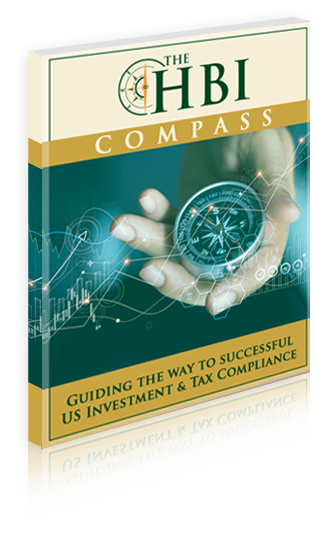The Tax Cuts and Jobs Act of 2017 (TCJA) ushered in some of the most significant changes to the U.S. tax code in the last 30 years. One of the standout provisions of this legislation is the introduction of the Qualified Business Income Deduction (QBID), which offers a valuable opportunity to minimize tax liability for owners of rental properties. In this blog post, we’ll delve into the specifics of QBID, its requirements, and how rental property owners can take advantage of this beneficial deduction.
Understanding the Qualified Business Income Deduction
Starting January 1, 2018, the IRS implemented the Qualified Business Income Deduction (QBID) to provide a tax break for individual owners of certain pass-through entities, including sole proprietorships, S corporations, partnerships, and certain trusts and estates. This deduction allows eligible taxpayers to deduct up to 20 percent of their qualified business income (QBI) from their taxable income. Importantly, rental property owners who engage in specific rental activities may also qualify for this deduction.
Requirements for Rental Property Owners to Qualify for QBID
To benefit from the Qualified Business Income Deduction, rental property owners must meet a set of requirements detailed by the IRS. These requirements ensure that the rental activity qualifies as a trade or business.
Initial Requirements (2018 Tax Year)
- Separate Books and Records: Rental property owners must maintain separate books and records that reflect the income and expenses related to the rental enterprise. This can include management statements or separate financial statements for the rental activity.
- Minimum Hour Requirement: At least 250 hours per year (roughly 4-5 hours per week) must be devoted to the real estate enterprise. These hours can be fulfilled by the owner, employees, agents, or contractors. Qualifying activities include advertising, executing leases, collecting rent, managing daily operations (e.g., repairs, maintenance, cleaning), purchasing materials, and supervising management companies or employees. Notably, time spent preparing financial statements, procuring properties, arranging financing, undertaking long-term capital improvements, or traveling to and from the property does not count toward this hour requirement.
- Personal Use Restrictions: The property must not be used personally by the owner, friends, or family without paying fair market value rent for the greater of either 14 days or 10 percent of the days the property was rented out. For instance, if the property was rented for 200 days, personal use is limited to 20 days to remain eligible for the deduction.
- Compliance Statement: Taxpayers must sign a separate statement confirming compliance with the above requirements under penalties of perjury.
Subsequent Tax Years Requirements (2019 and Beyond)
In January 2019, the IRS issued final guidance clarifying additional requirements for the 2019 tax year and beyond:
- Ongoing Compliance with 2018 Requirements: All the aforementioned requirements (1-4) continue to apply.
- Detailed Time Logs: Rental property owners must maintain detailed time logs or time reports. These records must be available for inspection by the IRS upon request. They should include:
- The hours of all services performed.
- A description of the services performed.
- The specific dates when the services were performed.
- The identity of the person who performed the services.
Taking Advantage of QBID
For rental property owners, the Qualified Business Income Deduction can significantly reduce taxable income, providing a substantial financial benefit. However, strict adherence to IRS requirements is essential to qualify for this deduction. Keeping meticulous records, maintaining a clear separation of rental finances, and ensuring appropriate documentation of hours worked are critical steps.
We specialize in helping rental property owners understand and navigate the complexities of tax legislation. Our expert team can assist you in meeting all the requirements to maximize your eligibility for QBID. Contact us today to learn how we can help you optimize your tax strategy and take full advantage of this valuable deduction.



